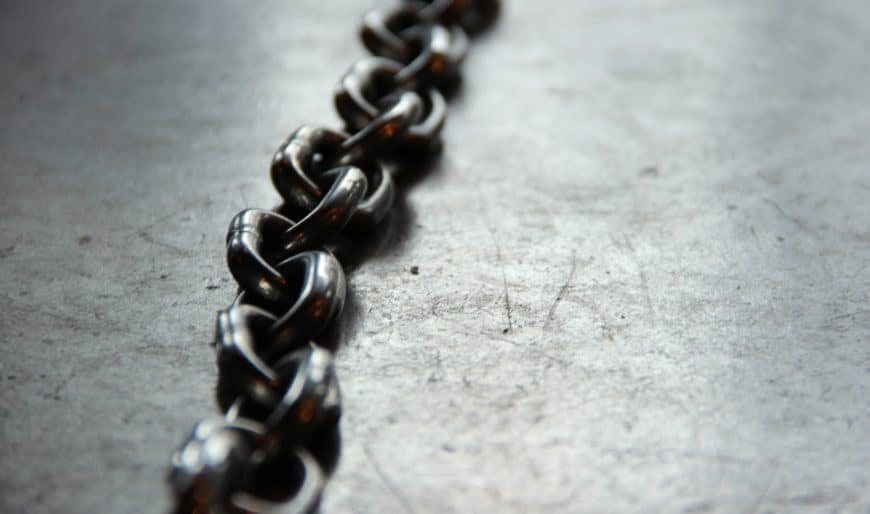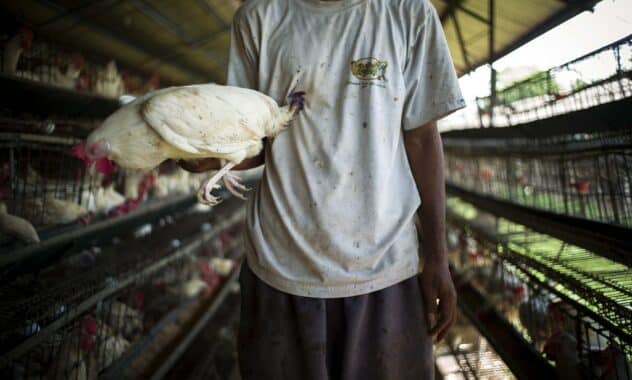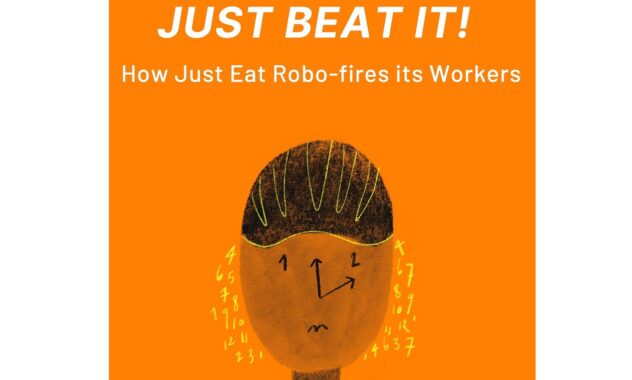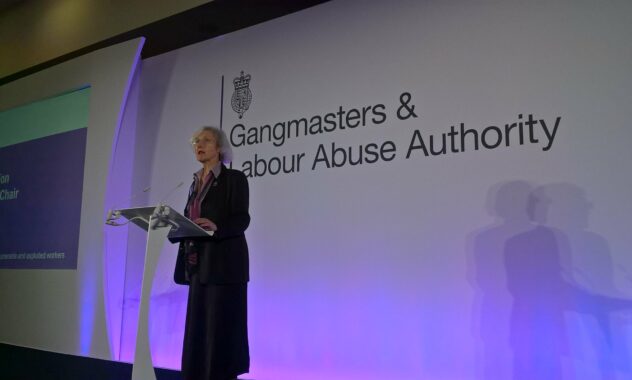Govt ‘withdrew support’ from UK modern slavery victims during pandemic
The Home Office is facing legal action over its decision to stop providing modern slavery victims with government assistance.

Modern slavery victims in the UK had their financial support cut during the Coronavirus lockdown, leading many unable to meet their essential needs.
Campaigners and lawyers told The Independent that the Home Office’s decision to withdraw support was unlawful and they would be taking legal action against the government on behalf of the victims.
People recoginsed by the government as potential victims of modern slavery stopped receiving financial aid without warning in July.
The Home Office has argued that monetary assistance was no longer necessary because it had housed modern slavery victims in hotels and other forms of temporary accommodation during the pandemic, thereby ensuring they had access to home and board.
But campaigners complained that providing only food and shelter did not cover victims’ every need – toiletries are not provided and neither is access to telephones and the internet in order for victims to contact their legal teams.
Writing to Safeguarding Minister Victoria Atkins, the UK’s Anti-Slavery Commissioner Dame Sara Thornton said: “Whilst providing full-board emergency accommodation may meet a person’s essential living needs, it does not recognise their status as a potential victim of modern slavery.”
“I am aware that there is an expectation that any further essential needs, such as travel costs and toiletries are expected to be met by asylum support, but I am concerned as to whether this is happening routinely in practice,” she added.
“This is not only detrimental to their recovery, but also puts them at risk of further exploitation.”
Reports have emerged of some victims resorting to begging in order to cover their costs and campaigners having to fill the gap by handing out supermarket vouchers. The Independent detailed one case in which a Kenyan woman believed to be a victim of sex trafficking and diagnosed with Post Traumatic Stress Disorder as a result of her experience was left without sanitary pads and toothpaste, and coud not afford to travel to medical and counselling appointments or to contact her support network.
While she regained financial assistance from the Home Office through lawyers working on her behalf, there are hundreds more vulnerable people who are still scraping by without support.
Duncan Lewis Solicitors, which has won the right of five people to have the financial assistance reinstated, has issued the Home Office with a pre-action letter instructing it to reverse the cuts for all potential victims.
Ahmed Aydeed, Director of Public Law at the firm told the Independent: “Instead of increasing basic support for victims of trafficking during this pandemic, the home secretary has unlawfully cut the basic subsistence payments made to them. Survivors of trafficking are entitled to this support and desperately need it to enable them to recover and escape from their traffickers.”
Rachel Smith, Project and Communications Coordinator at the Human Trafficking Foundation, added: “It’s very worrying that these decisions are being made with no explanation. There’s been no admission that there has been a change.
“It simulates a situation of trafficking – when they have been receiving payments and a trafficker decides they don’t want to pay them anymore. It is re-traumatising and it could put people at risk of re-trafficking.”







